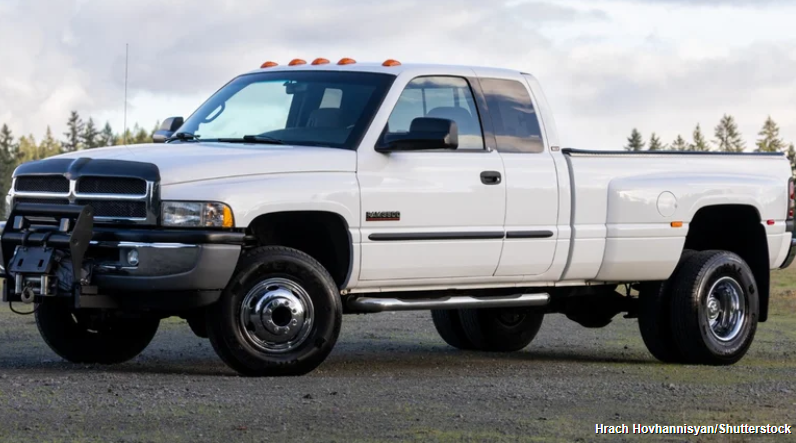
Anyone who’s spent time around trucks knows—there’s just something different about a diesel under load. Whether it’s stock from the factory, beefed up with a supercharger, or “off the record” deleted, a diesel truck handles heavy work like it was built for it—because it was.
Diesel engines don’t strain, don’t scream, and they sure don’t need to redline to get the job done. They just dig in and pull. From hauling construction equipment and towing massive campers to crawling up steep mountain passes with 14,000 pounds in tow, diesels make hard work look effortless. You’ll find them where the real work happens: job sites, highways, farms, ranches, oil fields—places where trucks aren’t just for show, they’re tools of the trade.
That’s not to knock gas trucks—they have their lane. For weekend towing, lighter loads, and everyday utility, gas-powered trucks are a solid option. They’re often more affordable up front, easier to maintain, and have a smaller environmental footprint. But when serious towing and hauling come into play, diesel continues to dominate the market—even under tightening EPA regulations.
Why? Because when the loads get heavier and the hills get steeper, people know diesel delivers. Here’s why diesel is still the top choice for heavy-duty towing and hauling.
Why diesel does it better

Diesel trucks are built with a mission: to tow, haul, and get the toughest jobs done with confidence. And it all starts with torque. Diesel engines crank out serious low-end power—often over 900 lb-ft in today’s one-ton pickups. That torque kicks in early and pulls hard, giving diesel trucks the grunt they need to move big loads effortlessly and with smoother throttle response.
But raw power is only part of the equation. Diesel engines also maintain their efficiency under heavy strain, thanks in part to the higher energy density of diesel fuel. In head-to-head towing comparisons, diesel pickups routinely deliver around 20% better fuel economy than gas-powered trucks. Fewer fuel stops, more miles per tank, and lower cost-per-mile—those savings add up fast, especially on long hauls.
And when you’re towing day in, day out, durability matters just as much as fuel economy. Diesel engines are overbuilt for a reason—they’re engineered to withstand extreme compression, heat, and constant heavy use. That rugged construction means they last. With proper maintenance, many diesel engines can clock in 500,000 to 800,000 miles and still keep pulling strong.
So whether you’re hauling equipment across the country or towing a heavy trailer through mountain passes, diesel trucks deliver where it counts: torque, efficiency, and unmatched longevity. They’re not just built for hard work—they thrive on it.
